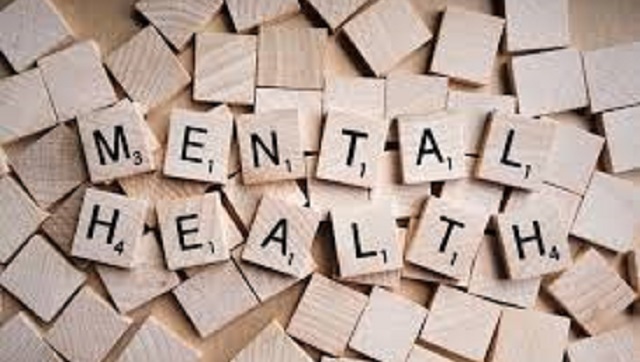Have you ever noticed how the memory of something happy that happened to you a long time ago can make you feel warm and fuzzy even years later? The same thing happens when your memory of a distressing event is triggered — only this time, instead of feeling good, you feel unhappy or worse. This little example showcases just one instance of how unresolved emotions stemming from childhood/past trauma, neglect, loss, anger, grief, abuse and stress can affect your overall wellbeing. There is a link between unresolved emotions that are negative and unhealthy and mental health issues. A study published in the International Journal of Neuropsychopharmacology in 2017 suggests that being in a negative emotional state affects the expression of both neurotransmitters and hormones like dopamine through the brain, low levels of which are, in turn, associated with major depressive disorder and mood disorders like bipolar disorder. How unresolved negative emotions can affect your health What many people don’t realise is that unresolved emotions, and being in a negative emotional state due to them being triggered, can have a deep and often toxic impact on your physical health. A study in the Journal of Clinical Psychology in 2011 explains that while people may believe that emotions do not affect the body physiologically, the fact is that the brain is the basis for all mental processes. The brain also runs every other system in the body, so it’s natural that feeling adverse emotions will affect your physical health too. The following are some effects unresolved emotions can have on your health. 1. Inflammation and pain A study published in PNAS in 2014 suggests that when your brain tries to process emotions, it activates the cardiovascular, neuroendocrine, skeletomuscular and autonomic nervous systems. This study showed that the effects of negative emotions like anger, fear, disgust, sadness and shame can cause inflammation in the upper body. If uncontrolled or prolonged, this inflammation can turn into persistent pain too. This may also explain why people with unresolved anger or grief can often get unexplained headaches. 2. Weak immune system A 2017 study in Dialogues in Clinical Neuroscience suggests that the emotional and immune systems actually mirror each other. This is also the reason why people with mental disorders often suffer from immunological disorders too. Unresolved negative emotions can cause immunological disturbances and weaken the immune system enough to cause frequent bouts of illnesses or chronic diseases. 3. Cardiovascular issues Many studies, including one in the Journal of Psychosomatic Research, have shown that negative emotions like anger, grief, anxiety and depression can trigger coronary heart disease. This is because not only do these emotions lead to inflammation of the nerves but also to increased blood pressure and other risk factors associated with heart diseases. 4. Risky lifestyle behaviours Apart from directly affecting your physical health, unresolved emotions can also trigger unhealthy lifestyle practices like smoking, alcohol abuse, binge-eating and anorexia bulimia. Apart from being addictions and disorders, these risky lifestyle behaviours are also forms of self-harm which can have a sudden or cumulative effect on your physical health. How to deal with unresolved emotions Unresolved emotions can cause lasting harm to your mind and body. If you have unresolved emotions, one of the best things you can do is consult a psychologist or psychiatrist. These trained professionals can help you deal with your emotions. Here are some tips you can use too:
- Don’t suppress your negative emotions because that’s one sure-shot way of turning them into unresolved ones. Discuss how you’re feeling with a trusted friend if not a mental health professional.
- Accept your emotions instead of trying to actively overcome them. Bring them to the surface in the presence of a trusted person and analyse them. This will not only help you resolve the issue but also give you closure.
- Find a constructive way to release your emotions instead of holding on to them and letting them fester. Pursuing a creative and soothing hobby like cooking, painting or jogging can help with this and also give your pain a positive spin.
- Avoid negative situations and people as much as you can. Focus on positive memories and emotions no matter how small or insignificant they may seem. Surrounding yourself with positive people, practising yoga and mindfulness may also help.
- No matter what’s in your past, keep your focus on the present and keep the hope alive for the future.
For more information, read our article on Therapy. Health articles on Firstpost are written by myUpchar.com, India’s first and biggest resource for verified medical information. At myUpchar, researchers and journalists work with doctors to bring you information on all things health.


)

)
)
)
)
)
)
)
)



